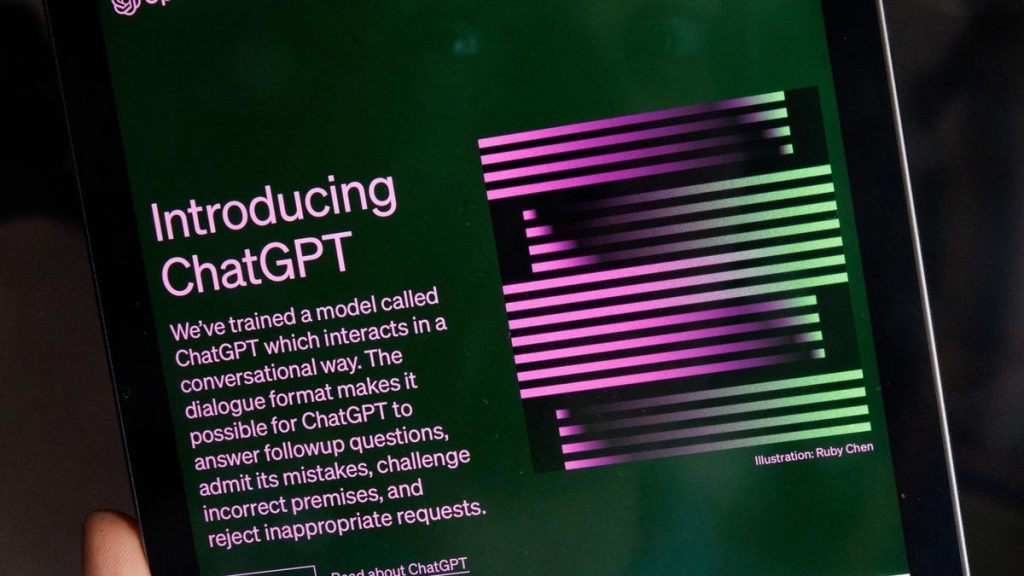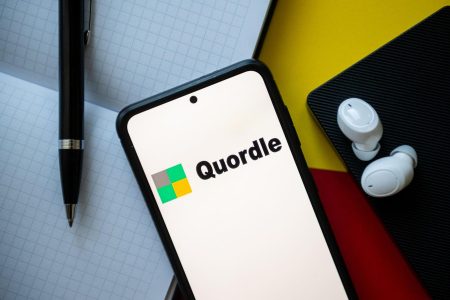“ChatGPT is about to revolutionize the economy”. That was the headline from David Rotman’s piece in M.I.T’s Technology Review in March. A claim backed up by this week’s brand new McKinsey report, stating “… generative AI could add the equivalent of $2.6 trillion to $4.4 trillion annually” comparing it to the United Kingdom’s entire GDP in 2021, at $3.1 trillion.
Banking, high tech, and life sciences are among the industries that could see the biggest revenue impact. But to what extent will we see disruption to the more human side of the economy and our everyday work? Generative AI is already perceived as a virtual collaborator helping us with content creation, customer service, market analysis and even in product R&D.
Technology advisor and author of Disruptive Technologies, Paul Armstrong, told me, “This is the most disruptive of times because this technology can do a lot of what humans do and do it to a good enough degree.” Currently, there’s so much going on that organizations really do not want any more hype. Many want a regular update of the must-reads and some topline analysis, something concise to help them understand the human workforce implications.
That’s where Armstrong’s weekly newsletter, What Did OpenAI Do This Week? comes in. Describing the subscription as “less expensive than losing an account, and less dangerous than having an unknowledgeable team” it tries to unpack the week’s headlines via thoughtful analysis and snackable implications” providing employees with something useful in a world where technology corporations are getting tighter and tighter-lipped about the company ambitions and sector strategies that sit behind their actions. “No-one says anything of value, publicly” quips Paul, adding that, “the trouble with AI is that there are very few people who can quickly explain it well, to a general audience.”
He told me that What Did OpenAI Do This Week (WDODTW) is supported by a growing number of expert scientists, business people and journalists to help fact check, and reflect different viewpoints on the news in question, as it comes in.
He suggested that the next big story is going to be the rampant competition between Google and OpenAI and how that might accelerate what OpenAI does, and that depends on whether ChatGPT4.5 will come to market in September, as many are predicting.
Speaking of the near future, what did he think OpenAI would do next? “Expect the market to consolidate after an intense period of competition caused by the main players battling each other, attempting to gain relevant and unique selling propositions for an unsure consumer and a hungry business base. Expect to see industry and academic collaborations as costs increase and they chase innovation. In the short period that follows, AI will become pervasive and we’ll see more issues around ethics, especially in application.”
What were his thoughts on China? “China remains an unknown. Will they emerge and face challenges related to intellectual property protection, data privacy and regulatory compliance so they can expand AI globally at speed, or will they be stymied by the U.S. and the E.U.? And the big question: will consumers care about these issues anyway?” Presumably if you sign up to WDODTW, you could be amongst the first to find out.
Read the full article here









